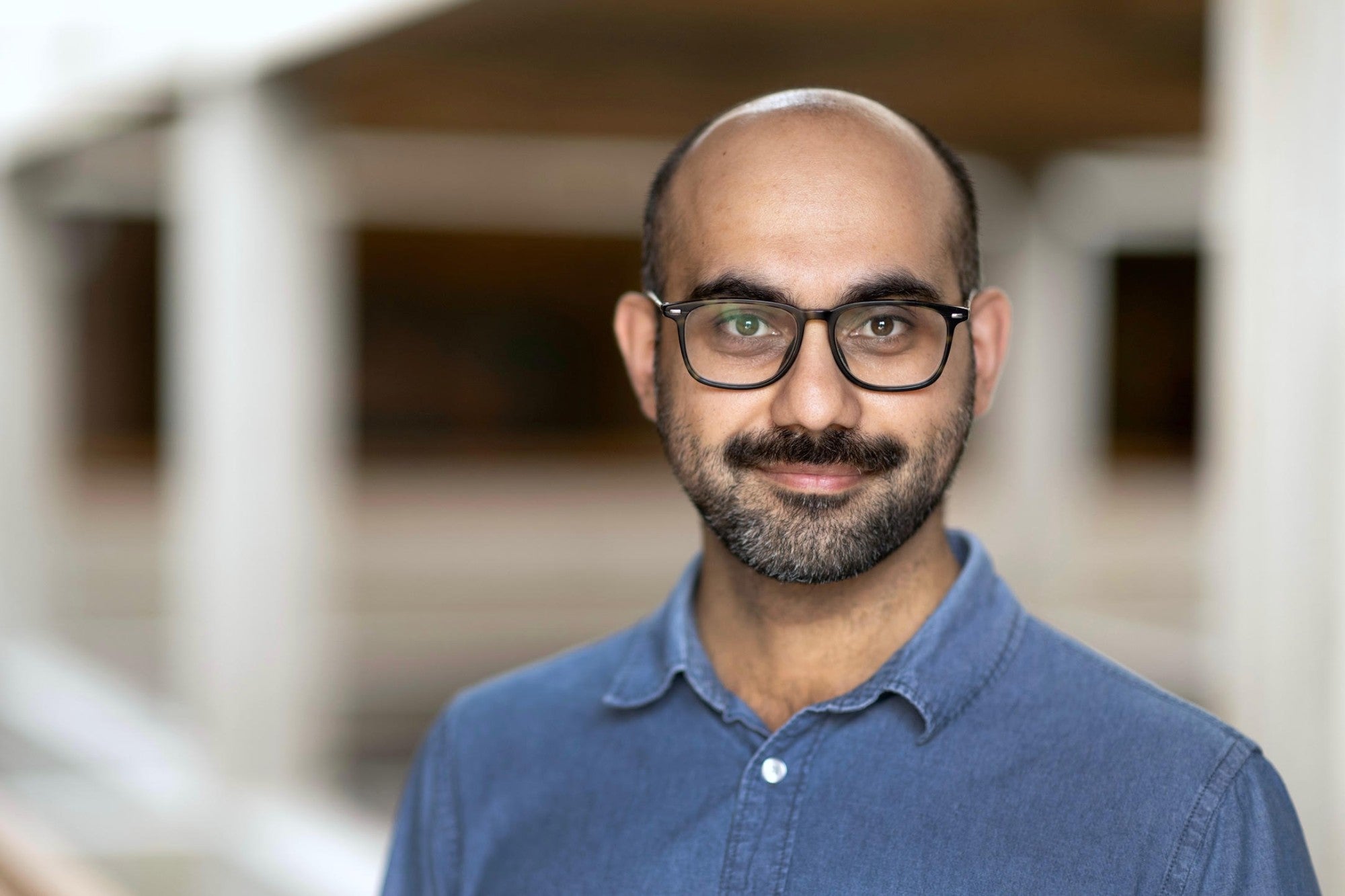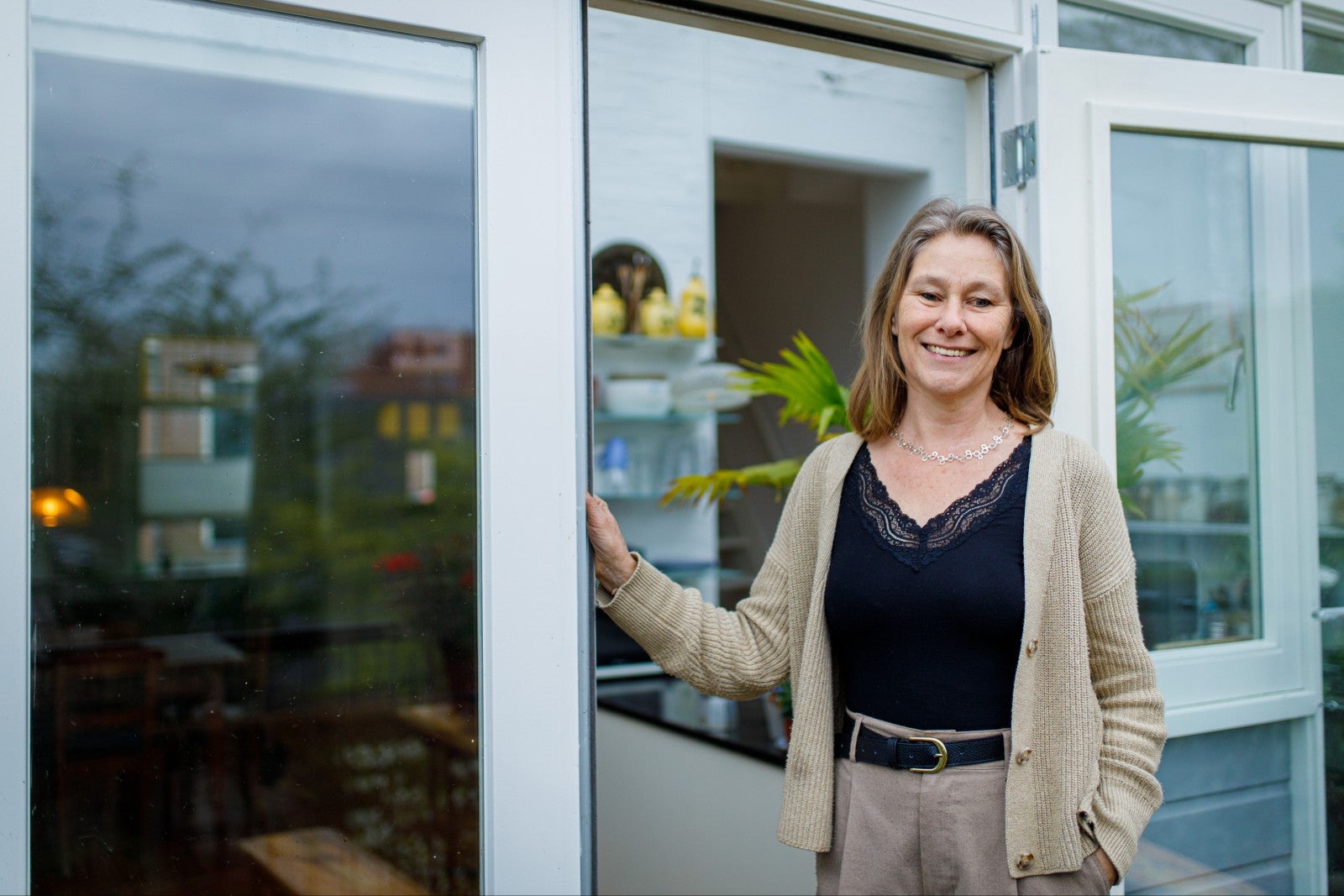Using digital methods, VU religious studies scholar Yusuf Çelik delves into centuries-old texts to uncover how Jewish converts have shaped Islamic traditions. From rituals to interpretations of sacred texts, the influence is greater than previously thought. "What we now consider purely Islamic may contain traces of ancient Jewish thinkers," says Çelik.
Did you start your research because of the tensions in Israel and Gaza?
„One might think so. The strange thing is that I had just submitted my grant proposal before the attacks of 7 October 2023. Whether these events unconsciously influenced the funding decision by the NWO (Dutch Research Council, ed.) I don’t know. What I do know is that my fascination with the subject started much earlier—during my student years, when I encountered the concept of intertextuality: the idea that texts and ideas flow into each other, influence one another, and take on new forms in different traditions. That idea never left me."
How is your research received by believers, both within Islam and Judaism?
„It varies. Some people are curious, while others are uncomfortable with the idea that Islamic traditions may have been influenced by Jewish converts. They are especially uneasy with the notion that certain religious practices might have Jewish origins. I try to take a strictly academic approach and let history speak for itself."
„My research challenges the idea that Jews and Muslims have always been at odds with each other throughout history."
What does this research mean in the context of today's society?
„We live in a time where religious identities are often seen as fixed and closed. My research shows that Islamic traditions have always been dynamic and evolving. It also challenges the idea that Jews and Muslims have always been at odds with each other throughout history. There are countless examples of collaboration, influence, and shared traditions."
Can you share any preliminary findings?
„I knew that in the year 627, all adult men of the last Jewish tribe in Medina were executed for treason. Only women, minors, and previous converts survived and were integrated into the Islamic community, known as the Banu Qurayza tribe. Using AI, I am trying to determine how these survivors contributed to the Islamic tradition as we know it today. I believe that the Jewish background of these individuals shaped interpretations of the Quran."
Can you give an example of such a tradition?
„A concrete example is a transmission about the plagues of Egypt. In Jewish sources, it is said that when an Egyptian drank from the Nile, the water turned to blood, but when a Jew drank, it remained water. A convert from the Banu Qurayza passed this same story on within the Islamic community. In this way, a specific Jewish tradition became part of Islamic oral culture."
„Another story I found concerns a man who was inconsolable after the death of his wife. Someone in his circle comforted him by saying: 'One of the Children of Israel also once lost his wife and was just as inconsolable. But if you borrow something precious, you must eventually return it. You had her for a time, and now God has taken her back.' Those early Muslims were actually open to knowledge and stories from outside."
„Tegenwoordig zijn moslimgemeenschappen vaak meer afgebakend en denk ik dat er inmiddels zelfs antipathie tegen het overnemen van kennis uit andere religies bestaat."
What impact do technological developments have on the study of historical texts?
„With the help of Artificial Intelligence, I can track Jewish names in thousands of pages of historical Islamic texts. I can also easily search for synonyms of names or concepts, which is a major step forward in comparative research. Take, for example, the word 'deceiver' - AI can also recognise terms like 'charlatan'. Or the name Cohen, where AI can detect variations and spellings. Nothing escapes our analysis anymore."
Has this research changed your view of Islam?
„My view of Islam itself has not changed, but my view of early Muslims has. I see them as a group that was much more curious and open to knowledge and stories from outside. Today, Muslim communities are often more rigidly defined, and I believe there is even resistance to adopting knowledge from other religions. That earlier cross-pollination between different traditions fascinates me."
Were you raised in a strictly religious household?
„I grew up with a rebellious, leftist father who rejected religious authority figures, such as the imam, and a conservative mother. Religion was present, but it was not actively discussed at the dinner table. I feel connected to both: I carry tradition with me, but always with a critical eye."
„You see this with many Muslims: religion was long taken for granted until it suddenly came under fire after the 9/11 attacks in 2001. Only when Islam became a topic of debate and negative representation did I start asking myself: is this portrayal accurate? And how do I relate to it? That sparked my desire to understand Islamic traditions at the highest level, precisely because Islam is so often misunderstood."
„Politici als Geert Wilders spreken vaak in harde termen over de islam, maar in mijn directe omgeving ervaar ik juist veel begrip."
„At the same time, I notice a big difference between politics and everyday life. Politicians like Geert Wilders often speak harshly about Islam, but in my direct environment, I experience a lot of understanding. At my daughter’s school - a predominantly white school - halal food is automatically taken into account at the Christmas dinner."
„During lectures, I don’t encounter Islam critics but rather people who are interested and want to learn more about, for example, fasting. I always accept invitations for lectures. Even if only two people show up, I believe in dialogue and mutual understanding. My only struggle is figuring out how to reach the people who hold the most radical ideas about Islam, because - throughout the years - I have realised they are the ones who don’t come to my lectures."







